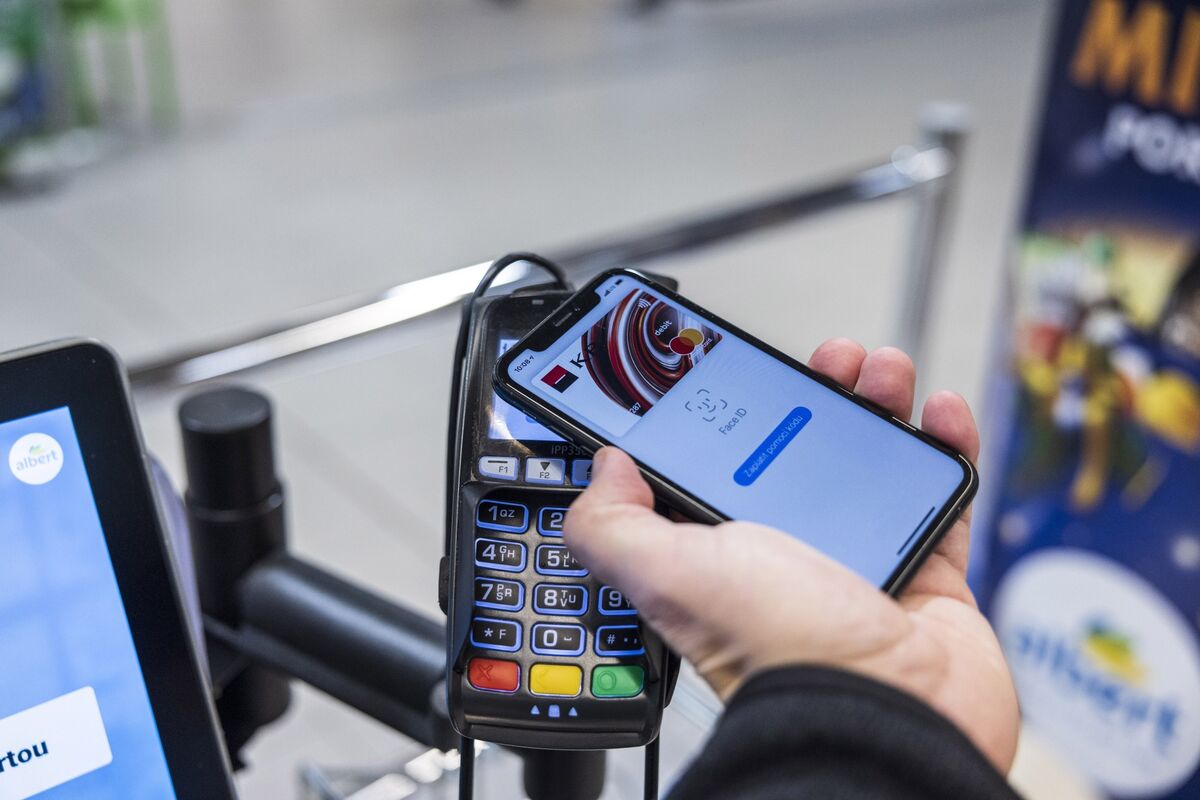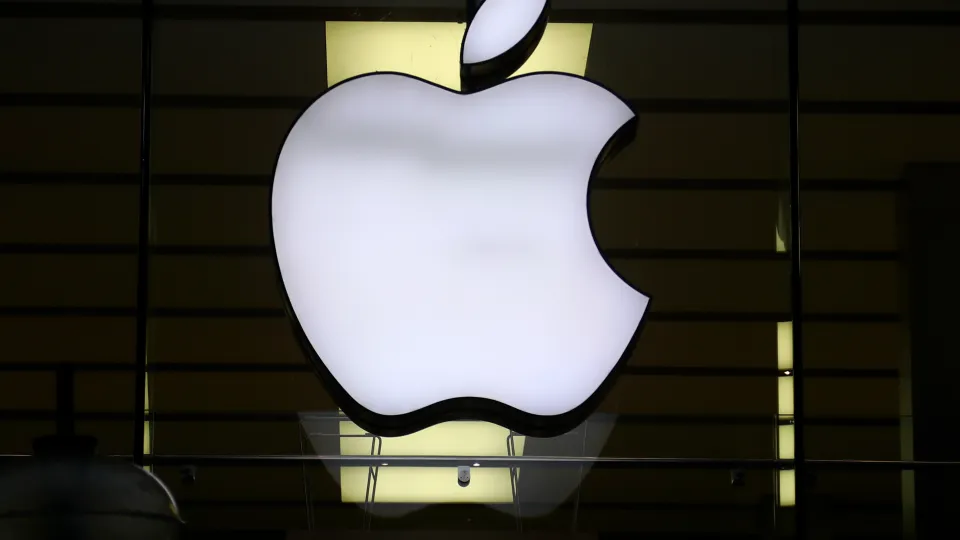The European Union has reached a significant agreement with Apple, granting iPhone users the ability to use any mobile wallet for “tap and go” payments alongside Apple Pay. This settlement follows an investigation by the European Commission (EC) into Apple’s practices regarding access to Near Field Communication (NFC) technology on its devices, essential for contactless payments.
The EC alleged that Apple’s control over NFC might have unfairly restricted competition in the mobile wallet market by favoring its own Apple Pay over other services.
As part of the settlement, Apple has committed to allowing developers access to NFC functionality through a software solution called Host Card Emulation mode, akin to practices in the Android ecosystem.
This change aims to level the playing field, enabling competing mobile wallets to operate more easily on iPhones. Margrethe Vestager, the EC’s executive vice president, emphasized that these measures would promote innovation and consumer choice while maintaining payment security.

The settlement outlines several key commitments from Apple, including not charging developers for NFC functionality, improving interoperability for rival wallets, and allowing users to set rival wallets as their default payment option. These commitments are set to last for a decade and include oversight mechanisms to ensure compliance.
Vestager highlighted that Apple’s commitments exceed the requirements of the Digital Markets Act, underscoring the broader impact of this agreement on digital competition within the EU. By addressing concerns raised by various stakeholders, including banks and app developers, Apple aims to prevent the potential negative impacts of restrictive practices on innovation and consumer choice.
The settlement concludes a lengthy probe into Apple’s payment practices in the EU, potentially averting hefty fines while ensuring that competition and innovation thrive in the mobile payment sector. This development marks a significant regulatory intervention aimed at maintaining a fair and open digital marketplace for European consumers.







Leave a Reply